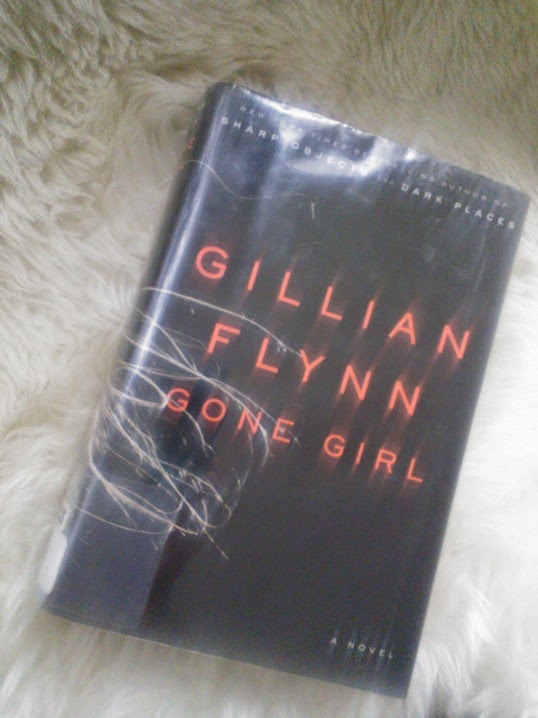 |
| tckpublishing.com |
So I tried again, and just... no. I'd stop each time something un- was mentioned. I know it was the style of the time: I also read the unmentionable, nauseating grotesqueness of The King in Yellow that had inspired Lovecraft, and I get it that contracting syphilis and subsequently going mad was apparently in the back of everyone's minds as the worst imaginable (unimaginable?) horror.
Then I had a genius idea: I'll get a story collection as an audiobook, and I simply won't pause when I hear an eye-rolling description. I'll actually focus on the story and just let it roll over me.
Real genius.
I don't think I'm cut out for audiobooks.
I listened to the same 15-minute story at least three times, because I kept on spacing out. Crap, I forgot to email her... What should I eat... Oh, heh, this reminded me of that one time when... Apparently I need a reader who randomly yells words to keep me focused. There is no Lovecraft entry in this blog, because all I remember from listening to this audiobook multiple times through is snippets.
With that said... audiobooks work when I knit. A few weeks back when I was sick and home alone for a few hours, I put The Outlander on and pulled out my knitting. Sure, I was still spacing out whenever I had to count stitches or follow color work pattern closely, but it wasn't that bad. Unfortunately, I usually knit when I want to relax while at the same time being available to chat with other people or watch movies together with my husband. Adding an audio book to the mix changes knitting from a solitary activity while still being social to an extremely antisocial activity. If wearing headphones didn't already scream "Leave me alone!" the added sharp objects certainly help deliver the message.
I've tried bringing both knitting and an audiobook along to my commute, and it's not the same as sitting comfortably at home: I might not even get a seat on the bus, thus cutting knitting out of the picture. Then it's just me staring into space while avoiding accidentally ogling at another commuter as I listen to a book... which then leads to the idle hands issue and I'm soon thinking about when to get off the bus, what's all the stuff I need to sort out at the office...
As someone who works with the written word and quite often with the way words look when put together, it's hard for me to enjoy audiobooks the same way as printed or e-books. Yet there's something calming about listening to another human being telling you a story. I want to get in on that.
So, please share if you have good tips on how I could train myself better to listen to and enjoy audiobooks, because right now I'm at loss with this medium.

























